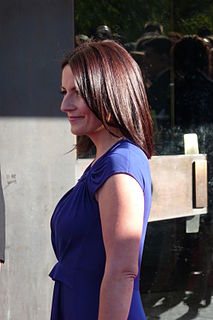A Quote by Warwick Davis
People who are short, they're often portrayed as the victim.
Related Quotes
Being a victim doesn't take much. There are built-in excuses for failure. Built-in excuses for being miserable. Built-in excuses for being angry all the time. No reason to trying to be happy; it's not possible. You're a victim. Victim of what? Well, you're a victim of derision. Well, you're a victim of America. You're a victim of America's past, or you're a victim of religion. You're a victim of bigotry, of homophobia, whatever. You're a victim of something. The Democrats got one for you. If you want to be a victim, call 'em up.
To cut short the question of the law of retaliation, we must note that even in its primitive form it can operate only between two individuals of whom one is absolutely innocent, and the other absolutely guilty. The victim, to be sure, is innocent. But can the society that is supposed to represent the victim lay claim to innocence?
To cut short this question of the law of retaliation, we must note that even in its primitive form it can operate only between two individuals of whom one is absolutely innocent and the other absolutely guilty. The victim, to be sure, is innocent. But can the society that is supposed to represent the victim lay claim to innocence?
In many cases, in order to protect organizations, administrators often move abusers around, discount victim statements, stonewall victims in administrative processes, and/or offer legal settlements with non-disclosure agreements to victims with the express intent of protecting the institution and ridding themselves of the victim.



































